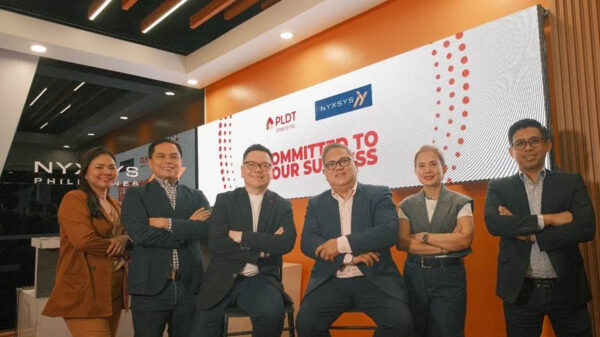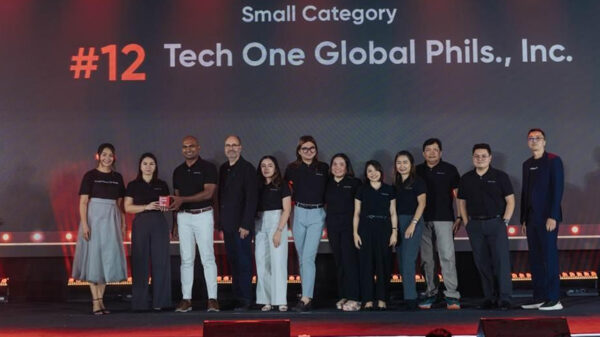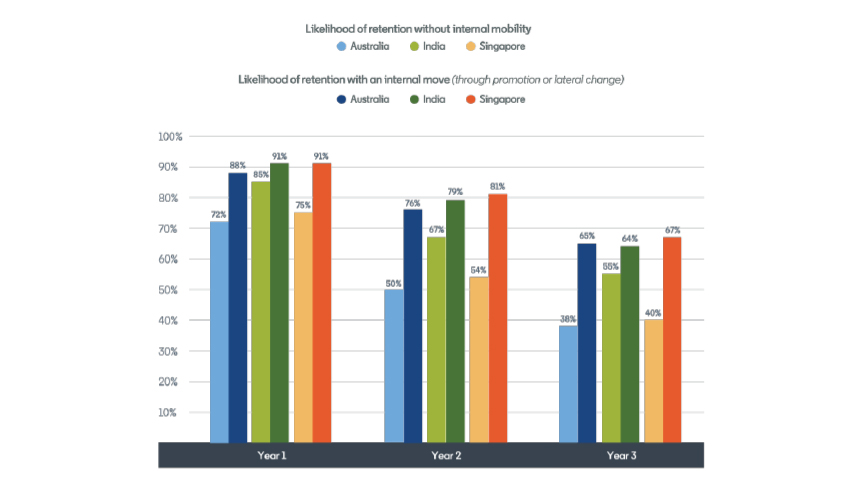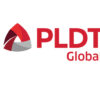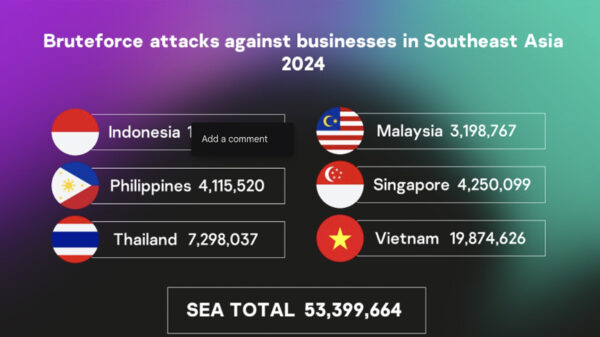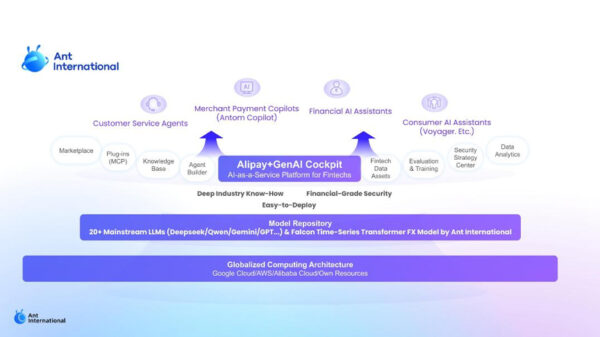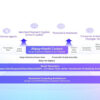During this period of economic uncertainty, the flexibility and freedoms introduced during the pandemic that employees benefited from are now at risk. New global C-level research from LinkedIn, the world’s largest professional network, finds that more than two-thirds (68%) of leaders say the current climate could threaten flexible working, while other essential areas of working life such as learning and development (74%) and employee wellbeing (75%) are likely to be affected too.
In fact, over a third are looking to reduce employee learning and development budgets and opportunities, as well as flexible working and hybrid working roles. In addition, 55% of business leaders in APAC prefer employees to work more frequently from the office, as opposed to working from home. Despite this, 68% felt that hybrid working is here to stay for the longer term.
A new analysis on LinkedIn shows that remote job postings are in decline, although the applications to those roles outstrip supply. As of September 2022, remote positions receive more applications in countries such as Australia, India, and Singapore than available jobs.
Employer and employee disconnect
The LinkedIn study of 2,900+ C-level executives from large organizations worldwide and LinkedIn jobs data highlights a growing disconnect between what professionals want and what employers are now offering, with the balance of power shifting back to employers as hiring slows.
LinkedIn’s Global Talent Trends report reveals that the top priorities jobseekers value beyond compensation are advancement, flexibility, and upskilling across APAC. In terms of advancement and upskilling, the report finds that employees want growth and transformation in their careers. Those who make an internal move are more likely to stay at their organization longer than those who remain in the same role.
Feon Ang, Managing Director, APAC, LinkedIn, said: “We can’t go back. Companies that pull back on flexible working, learning, and development risk demotivating their workforce and pushing people to competitors that offer more attractive options. Motivated employees are crucial to gaining a competitive advantage, and damaging that is a risk businesses can’t afford to take, particularly when other worries, such as the higher cost of living, are already weighing people down.
Flexibility and a focus on skills are crucial to the long-term survival of businesses. These have traditionally been the first to go when times get tough, but they are essential to building diverse and resilient companies adapting to a fast-changing world. Forward-thinking organizations that invest in their people during these times will be the ones that outperform competitors and come out stronger.”
Leading through uncertainty
As companies navigate uncertainty, one area of agreement is clear–problem-solving. It’s the top soft-skill APAC leaders identified as necessary to get through this time, followed by communication, creative thinking, and transparency. Soft skills such as problem-solving, communication, and strategy were featured in 78% of jobs on LinkedIn over the last three months. Rather than leaving their teams in the dark about the tough decisions, leaders need to build bridges with their employees and bring them on the journey.
To get through the uncertainty ahead, LinkedIn advises leaders to:
- Take an adaptive leadership approach – Leaders must be transparent about the current reality and adapt to what lies ahead while providing employees with clarity on short-term business priorities. They should see this period as an opportunity to iterate and adjust, which will stand them in good stead when the cycle ends.
- Maintain workforce connection and trust – Today, just 44% of employers in APAC encourage collaboration and knowledge sharing amongst employees. By helping employees to build rapport with their colleagues, employers can energize their teams and strengthen their company culture. Furthermore, returning to command and control leadership styles and dictating that employees must be in the office will quickly erode trust.
- Focus on skills – The skill sets needed for jobs have changed by around 25% since 2015, and this number is expected to double by 2027. Companies may hire or redeploy talent into growth areas by understanding the skills your employees have today and the skills your company needs in the future.
With the uncertainty ahead comes opportunity. Resilience is critical to make it through hard times as business leaders face decisions on cost-cutting and human resources. LinkedIn has made several Learning courses free until December 31st, 2022 – including How To Future Proof Your Organization and Become a Multiplier of Wellbeing in Your Organization. LinkedIn has also published its Global Talent Trends report, which provides insight into how labor market trends affect employees and workplaces.


